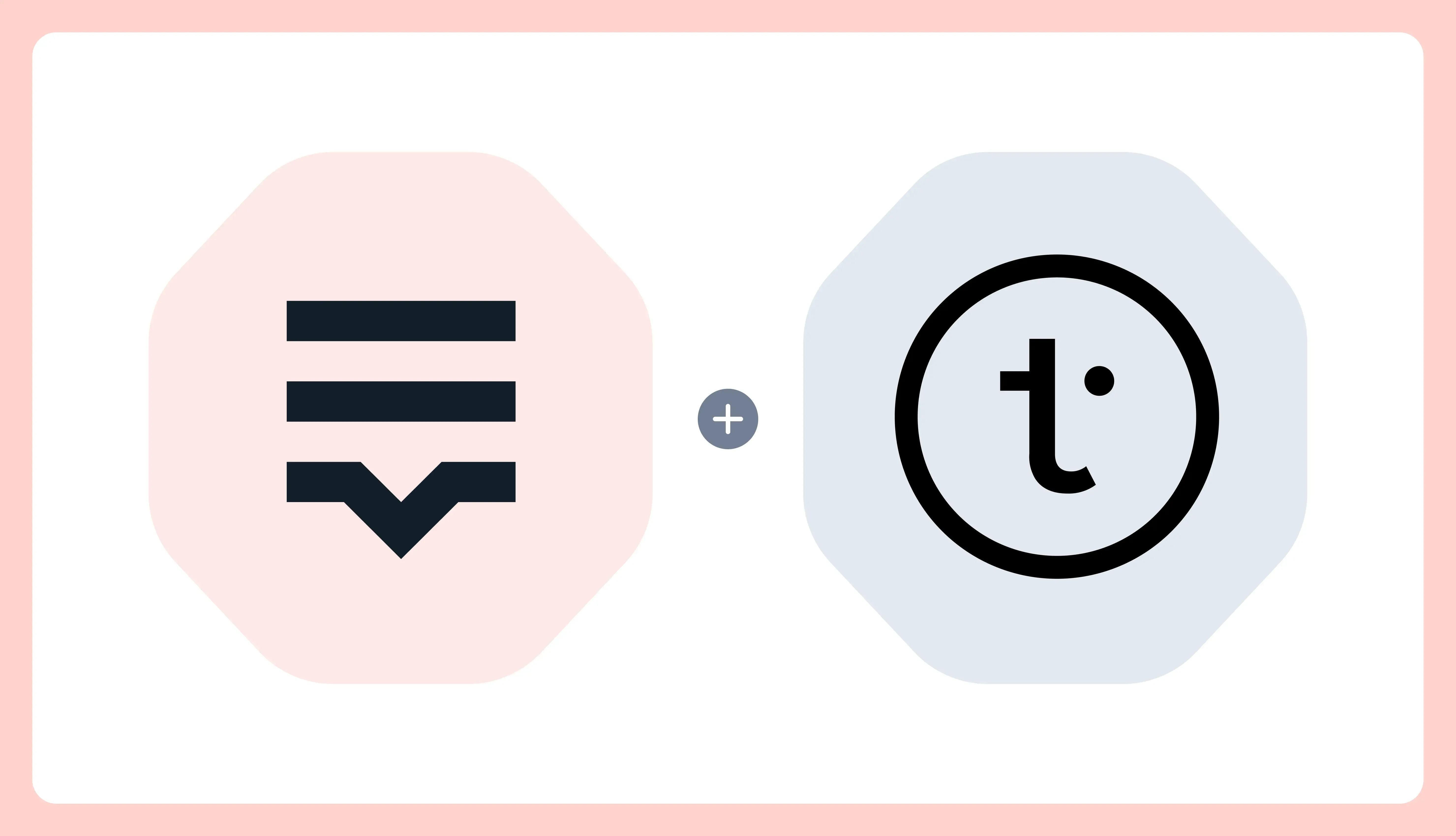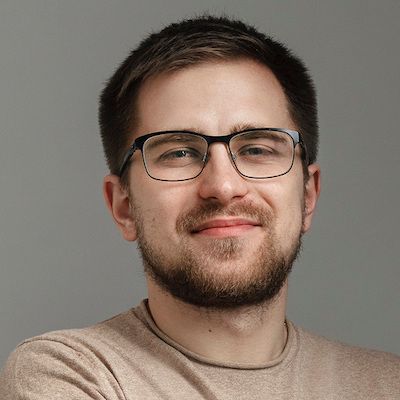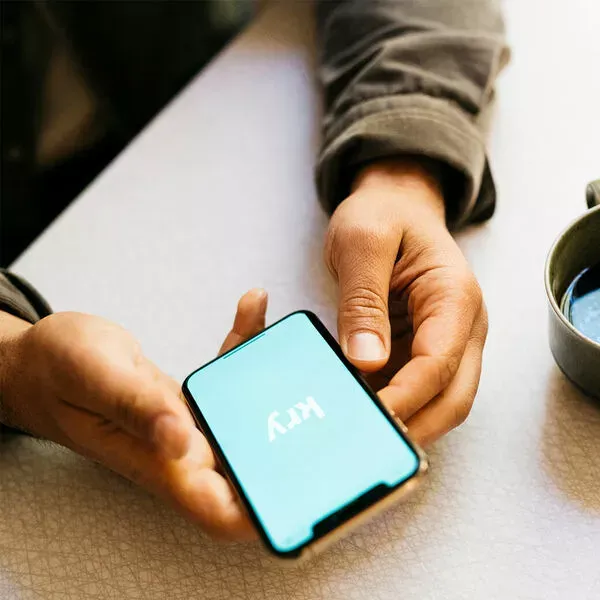What is Lokalise Academy?
The Lokalise Academy concept has been in the works for a while. We’re fortunate to be in a position where we have access to lots of talented people in this industry. Some of our localization experts have over 20 years’ experience developing their own frameworks, methodologies, as well as a localization maturity model, while working as either consultants, strategists, or solution architects. We’ve also built external relationships and contacts over the years that have a wealth of knowledge to share.
Yuka Nakasone is an experienced global strategist active in the localization community, who is willing to share her knowledge or grab a virtual coffee when she has the time. She drives innovation and leadership development through her activities with LocWorld’s Process Innovation Challenge and Translation Commons’ leadership portal.
Dr. Tabea De Wille is a lecturer in the department of Computer Science and Information Systems at the University of Limerick, where she teaches localization, internationalization, and translation technology. Given her extensive background in game localization and education we were very pleased when she said “yes” to supporting our project.
Another academic we managed to engage is Piero Toto, Senior Lecturer in Translation at London Metropolitan University. Piero brought a unique perspective to our first course given that he has vast experience in translation and a versatile portfolio. He is the author of articles on masculinity, queer language, and translation pedagogy. In addition, Toto has run translation and localization workshops abroad and at other UK universities. He is also a member of the Chartered Institute of Linguists and a published bilingual poet (writing in English and Italian).
Then we have Istvan Lengyel,who has worked in the translation industry for over 15 years. Most of his experience comes from being the co-founder, COO, and then CEO of the successful TMS memoQ, running BeLazy, and consulting for Nimdzi Insights. Istvan was always happy to help out and share expert insights with us during our industry research.
Looking at our immediate network of customers and partners, we have Nadim Dimechkie who has worked extensively as a copywriter and creative director in advertising and branding for over 20 years. He’s currently Director of Copy at TransferGo, one of our customers. More importantly, he’s passionate in his aversion to spreadsheets as a localization tool.
James Chase is a Senior Business Development Manager at Milengo, with over 13 years’ experience in the localization industry in customer-facing roles. He has selflessly shared amazing tips about the things you should pay attention to when working with external partners and LSPs. We were thrilled to include his unique insights in the course.
You can check out the entire list of lecturers here.
Since this is our first e-learning endeavor, we look forward to gathering feedback and using it to build future courses. Think of it as a pilot project that you can contribute to – either by sharing your experience as a learner or by assuming the role of a direct contributor and partner.
Crash course in localization
The first lectures start by defining key concepts such as the differences between localization and translation, as well as internationalization (i18n). This is the bedrock of understanding that we will build from and, don’t worry, it’s not too long or painful.
As the course progresses, we introduce more advanced tips and ideas that are suitable for those who already work as localization project managers. This includes a localization maturity model developed by our solutions architect, actionable tips on how to assemble a strong localization team when you need it, the different types of workflows you can use, the value of automation, how to optimize costs, and more.
We tried to create materials that are just right – concise and engaging, easy to follow, and complemented with learning materials that you can read through yourself.
Sign up today
The “Crash course in localization” contains 10+ hours of different types of learning materials. You can sign up for free here.
If you want to support us, feel free to share the course with your friends. If you are a localization professional who wants to contribute with content or partner up in any other way, you can connect with us at academy@lokalise.com.
You might be also interested in our “How to successfully translate a website” article.




